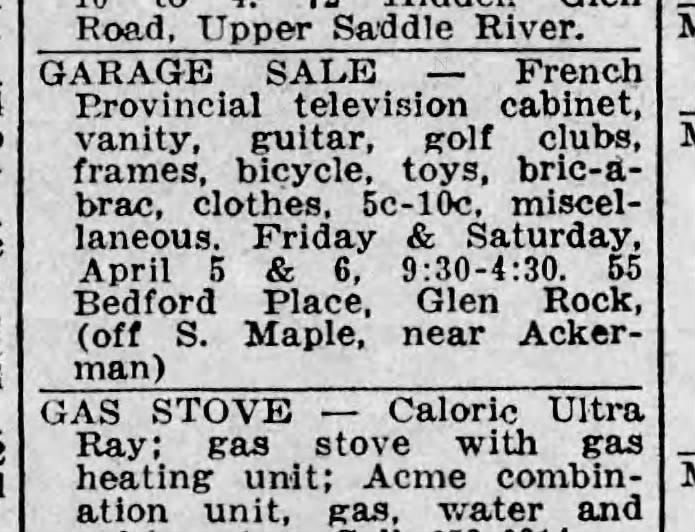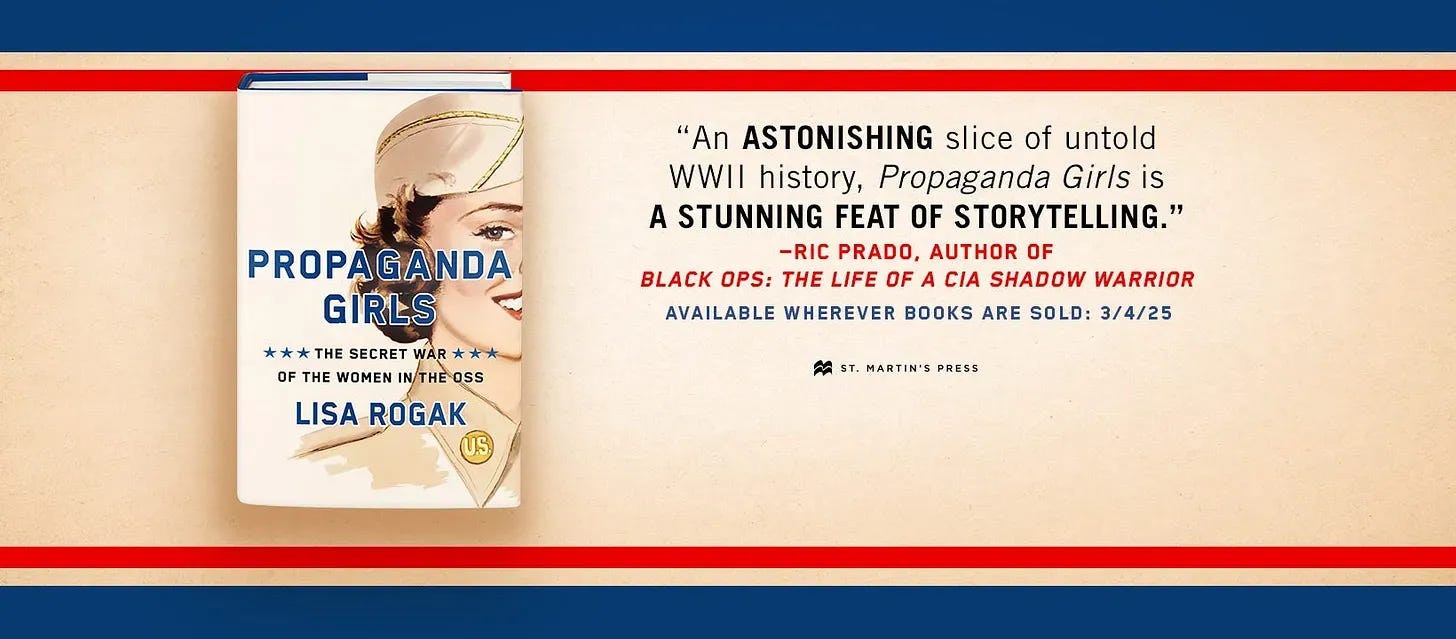Remembering What You Can't Remember...Part 2
When I started to write a memoir I couldn’t remember anything because I’d blocked out my childhood so completely.
I decided to start by listing the contents of a cabinet in our 1970s-era kitchen. Soon my pencil was racing ahead, trying to keep up with the memories that were suddenly freed after decades of being squished down.
Of course most of it won’t end up in the final memoir, but it’s a good exercise and I’ve continued to use this technique whenever I’m blocked.
Ads from the early 1970s featured smiling mothers in polka-dot aprons and flipped-up hair pouring tall glasses of milk for their young, obviously admired offspring. My friend Lisa Moren’s mother met us after school with cookies made from scratch and sat at the kitchen table with us and asked how our day went before gathering together whatever we needed for an art project: pinking shears, fabric, Elmer’s glue, paint pots.
At my house, friends sometimes came over but my mother kept her distance, sequestering herself in the den to watch Days of our Lives and One Life to Live; I always thought it was so she could bear witness to people who she thought had it worse than her. As for snacks, all we got was a bag of stale Chips Ahoy. One friend recently told me that she felt compelled to don imaginary blinders each time she made her way from the front door upstairs to my room. She understood she wasn’t supposed to see anything in the house.
The quiet, frozen messages we wordlessly absorb in childhood.
One photo — long lost, but indelibly seared into my memory — is of a bangs-and-pigtailed me, holding out a heart-shaped cake with thick waves of bright pink frosting swirling around on top. I think I was ten.
In most childhood photos, I tucked in my lips so it looked like I had no mouth, smiling while hiding my teeth. Maybe I was working extra hard to not let the camera see the truth about my family. After all, I wasn’t supposed to tell anyone about anything that went on inside the house. My sister Jane always teased me about my class photos, pinching my arm so hard that a bruise flowered the next day. I’d wear long sleeves to hide it, just like my father did to hide his Navy tattoos in the heat of August.
My father must have taken the picture. I made the cake for him for Valentines Day.
No way would I have made it for my mother. For one, it wasn’t beige. Only neutral, totally-washed-of-color foods brought her comfort. Just like her soap operas.
In presenting the cake to my father, I knew I was taking a big risk: I was telling him how I felt, that I loved him. That was verboten in our family where no one ever said out loud what they were really thinking or wanted, and where my mother mostly communicated by leaving scrawled notes on a steno pad on the small, butter-colored table with three chairs.
For a family of four.
Emotions were nasty, messy things meant to be reined in, never meant to be expressed.
Besides, with the heart cake, I wasn’t supposed to tell Daddy I loved him because it was obvious that Mommy didn’t. If I told him I loved him then she’d get mad and I didn’t want to make her mad because she still took care of me when it came to the basics, the bare minimum of boxed spaghetti and powdered breakfasts.
The week after the divorce, my mother held a massive yard sale, slapping 25-cent stickers on everything from the mauled Farberware to my father’s chipped and stained mugs where he warmed his hands on instant Sanka. He left them behind when he moved into a dingy apartment the next town over.
The day after she sold the Farberware at the garage sale, she bought a single Teflon-coated frying pan. For one. It was easier to clean. No scrubbing.
She used it to fry eggs for dinner every night. In the same pan I fried up my own dinner, usually a burger or fried baloney. I was fascinated at the way the baloney would bulb up when it hit the hot pan, morphing from flat to bulbous – alive – in seconds. Could things really change that quickly?
I’d find out eight months later, when my father died.
A couple of years earlier, my mother had sprung for a full set of dental caps. Even though she had married a dentist, she had another dentist do the work. Maybe she thought that after the divorce dragged on for four years, my father refusing to leave, this would get him to agree to her terms.
Her caps started to turn green. They were a tight bunch, my father’s dentist buddies; if she went to one of his buddies it’s entirely possible that he may have screwed them up on purpose, creating a time-release warp where they began their deterioration the moment the ink on my parent’s divorce papers was dry.
The caps grated on me. I could hear them from two rooms away, and they floated up through the floorboards into my bedroom. But only while she was eating eggs.
Maybe she ate eggs every night because she had given up and come full circle, accepting her sad fate that she had hitched her star to a doctor to escape her wretched dirt-floor childhood where hard rolls and butter meant a good dinner, but it had been all for naught.
Or maybe she was exhibiting a rare grace that she had made her peace with her fate.
The sounds and smells of her nightly meal made me squirm, putting me on the verge of gagging. Through the floorboards I could hear the Breakstone’s whipped butter – never the real thing – hissing as it melted, smelling the slightly nutty odor as it separated into fat and water. It was the best part, just like the click and spark of the Zippo lighter and the first smell of burning paper and tobacco as the blue-orange flame touched my father’s cigarettes, which I’d never smell again.
She probably completely missed the irony of cracking a couple of eggs into the pockmarked pan, emitting the primal earthy smell of blood and birth — something she had spent her life running from — representing potential lives cut down before they had a chance to bloom.
Like hers.
This Week’s Takeaway: [Same as last week]: Go easy with yourself if you can’t — or don’t want to — remember something. Start with what you can recall, from inanimate objects to the songs on the radio that served as a welcome escape, however brief. Keep the pencil moving, and see where it takes you.





These techniques take you deep into the heart of it. I recognized a childhood friend's mother in your portrait of your mother and what constituted "home-cooking." The line about finding out eight months later when your father died had impact.